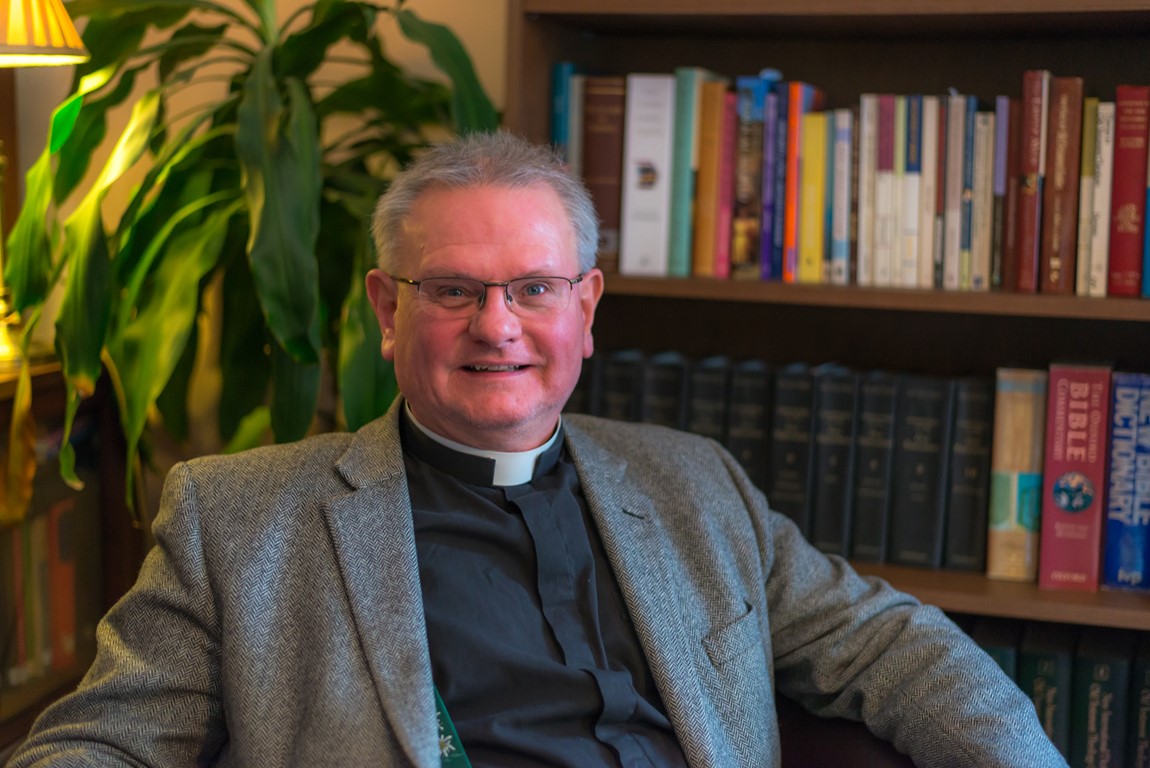Ramadan

From the 23rd April our Muslim friends have been observing Ramadan, the lunar month-long period of fasting undertaken to heighten spiritual awareness and discipline. No food or drink can be taken during the hours of daylight except in certain circumstances. In a way, Ramadan reflects the Christian season of Lent, although one has to wonder how often the Christian holy fast is honoured more in the breach than the observance.
Ramadan ends with Eid el-Fitr, a festival that marks the end of abstinence, and usually means large gatherings of some sort or another. Of course, this year it will be different: Ramadan ends this year on the 23rd May (it marks the period of the sighting of one crescent moon to another), but, in the UK, the current social restriction measures means that large gatherings of any sort are out of the window. The Muslim Council of Britain (MCB) called for the suspension of all congregational activities at mosques and Islamic centres on 16 March, a week before the government announced all places of worship must close under the lockdown order. This is in line with regulations being imposed all over the world, including some of Islam’s holiest places, in Mecca, Medina and Jerusalem.
In Germany, where there has been some easing of restrictions over the last week or so. Talks are taking place concerning the reopening of places of worship, something that has not happened in the first phase of easing some restrictions; churches are deemed to be less of a priority than car wash centres, for instance. Singing in church is a real issue in these discussions because singing is known to spread the coronavirus as far as coughing does. However, Muslims in Germany are being allowed to enter mosques for daily worship during Ramadan as long as face masks are worn and at least ten square metres of space is reserved for each worshipper. It is good to know that, as restrictions ease, the most significant aspect of other faith’s practices is at least being considered.
All of which is a way of stating that the emergence of lockdown, and what that will look like, will not happen any time soon. We will still be worshipping ‘virtually’ for some time to come, and when our churches, mosques and other religious buildings re-open there are bound to be several restrictions in place, and it may well be that ‘sweet singing in the choir’ will be further away still.
However, our faith, and how we practice it, is not locked down; it is finding other avenues to express it. We send our good wishes to our Muslim friends as they keep Ramadan, and pray that we will all keep faithful to our God, and deepen our trust in him, as we continue this strange journey we are on.

